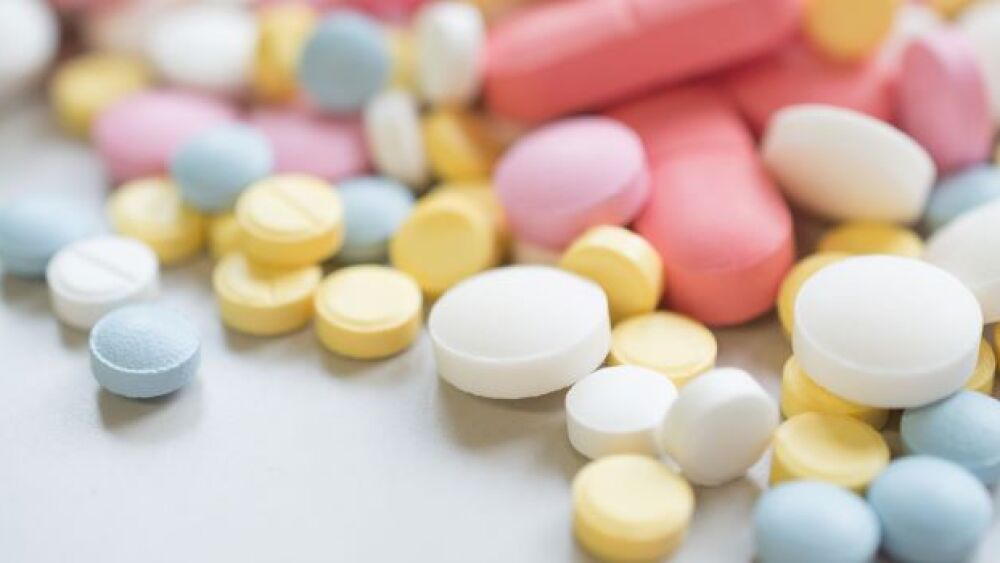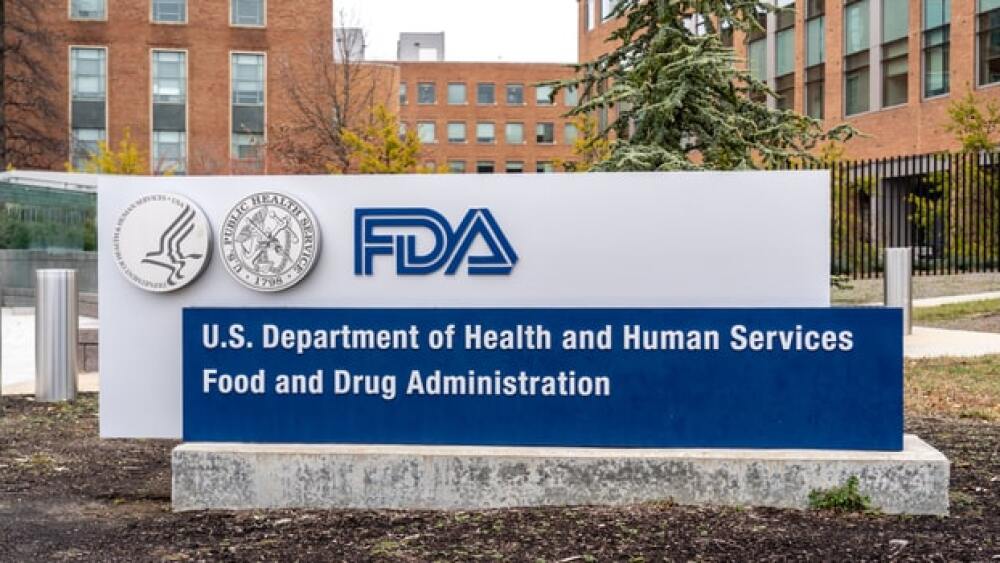Researchers are continuing to develop next-generation therapeutics and oral vaccines that could overcome some vaccine hesitancy. Here are some of the top producers.
As COVID-19 vaccines continue to roll out across the globe to combat not only the initial strain of the virus but the numerous variants that have popped up, researchers are continuing to develop next-generation therapeutics and oral vaccines that could overcome some vaccine hesitancy.
Earlier this month, Bay Area-based Vaxart conducted a poll that found a significant number of Americans who did not intend to receive an injectable vaccine would change their mind if an oral option were available. According to the poll, nearly 19 million Americans who did not want to receive an injectable vaccine would take an oral dose.
Poll results suggest that about half of the other vaccinated groups would be drawn from minority populations, communities that have disproportionately not been vaccinated, according to Vaxart. Additionally, 70% of those polled said they prefer a pill over an injection.
Vaxart is one of the numerous companies developing an oral vaccine for multiple viruses, including COVID-19. In February, the company released preliminary Phase I data that showed its oral vaccine candidate VXA-CoV2-1 was well-tolerated and generated an immunogenic response. While neutralizing antibodies were not seen in the interim Phase I information, the company said its vaccine candidate VXA-CoV2-1 triggered multiple immune responses against SARS-CoV-2 antigens, including CD8+ cytotoxic T-cell response to the viral Spike (S) protein.
Vaxart isn’t the only company aiming for an oral vaccine. Oravax Medical was formed in a joint venture by Oramed and Premas Biotech last month to develop oral vaccines against COVID-19. The company’s vaccine oral candidate is a virus-like particle (VLP) triple antigen vaccine that targets three structural proteins on the virus, which could be beneficial against mutated forms of the novel coronavirus.
A pilot animal study showed the oral vaccine promoted systemic immunity through Immunoglobulin G (IgG), the most common antibody in blood and bodily fluids that protects against viral infections, and Immunoglobulin A (IgA), Oramed said at the launch of Oravax. The company anticipates initiating a clinical study during the second quarter of 2021.
ImmunityBio, Inc., which recently merged with NantKwest, is also developing oral vaccines – a tablet and a sublingual formulation. In March, the company announced positive interim safety data for its Phase I study. The trials are expected to be fully enrolled in the second quarter of this year.
The two Phase Ib trials study a combination of subcutaneous/ sublingual and oral formulations of ImmunityBio’s hAd5 T-cell COVID-19 vaccine candidate. Based on the findings of these trials, the optimal combination of administration route and dose will be determined and entered into the Phase II/III design, the company said.
In addition to oral vaccines, companies are developing oral therapeutics as well. Merck and Ridgeback Biotherapeutics are developing molnupiravir, an orally available antiviral candidate for the treatment of COVID-19.
Earlier this month, Merck announced it was moving into the Phase III portion of the Phase II/III MOVE-OUT study in outpatient COVID-19 patients based on a planned interim analysis from the Phase II part of the study. However, the Phase III portion of the Phase II/III MOVE-IN study in hospitalized patients will not proceed based on data that suggests molnupiravir is unlikely to demonstrate a clinical benefit in that patient population.
Pfizer, which has one of three authorized COVID-19 vaccines in the United States, is also developing an oral therapeutic against the virus. Last month, the company launched a Phase I study assessing PF-07321332, a SARS-CoV2-3CL protease inhibitor, in healthy adults. The drug has shown potent antiviral activity in laboratory assays against SARS-CoV-2, as well as against other coronaviruses, BioSpace previously reported.
The company is also investigating an intravenously administered protease inhibitor, PF-07304814, currently in a Phase Ib trial in hospitalized COVID-19 patients.
In an interview with CNBC this morning, Pfizer Chief Executive Officer Albert Bourla said the oral formulation has distinct advantages because it doesn’t require a hospital visit to be administered.
“That could be a game changer. The compound… is a protease inhibitor. The good thing is that this is also the first molecule that is coming from this type of class, this is good thing because you can combine it with other classes. Also, the mechanism of action, it is such that it’s not expected to be subject to mutations, particularly because it’s not acting on the spike, as we all know, all the mutations that we are hearing right now are seeing this in the proteins of the spike. This one doesn’t work there so that allows us to believe that will be way more effective against the multiple variants. So, all good news. We are now progressing the studies and we will have more news around summer,” Bourla said, according to a transcript.
RedHill Biopharma is also moving forward with its oral therapeutic. Earlier this month, the company said its Phase II/III study of orally-administered opaganib received a unanimous recommendation to continue, following a fourth independent Data Safety Monitoring Board (DSMB) safety review. Opaganib is being assessed in patients with severe COVID-19 pneumonia requiring hospitalization and treatment with supplemental oxygen. Phase II data showed opaganib demonstrated more significant improvement in reducing oxygen requirement by the end of treatment after 14 days.
In addition to oral vaccines and therapeutics, some companies are focused on an intranasal treatment. BioSpace examined a roundup of those programs in February.





